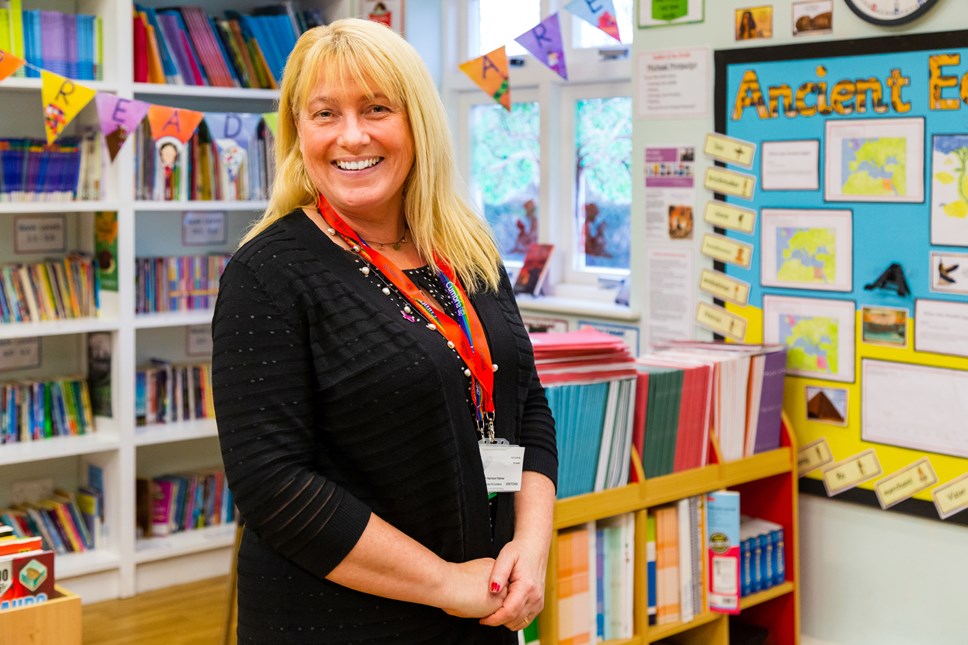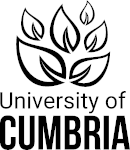
There’s never been a better time to train to teach
According to a new report by the National Foundation for Educational Research (NFER) the number of unfilled teaching posts in secondary schools has risen again. Whilst this is concerning for the sector, it suggests a buoyant job market for those entering secondary teaching as a profession.
The report, which was commissioned prior to the covid-19 pandemic, also shows that recruitment to secondary shortage subjects such as maths, physics, modern foreign languages and chemistry has significantly declined in comparison to previous years.
With rising pupil numbers, larger class sizes and a shortfall in trainee teachers, it is more important than ever that universities help to meet this demand and train the teachers of tomorrow.
University of Cumbria has a long and prestigious history of delivering teaching qualifications and its institute of education is one of the largest and most successful providers of teacher training in the UK. Through its founding institutions, St Martin’s College in Lancaster and Charlotte Mason College in Ambleside, the university has been inspiring teachers and educators through its training and professional development programmes for over 100 years.
For the Class of 2020, who perhaps face an uncertain economic future, it is an ideal time for graduates to consider whether or not secondary school teaching might be the perfect career for them. It could also be an excellent choice for people looking for a career change. Indeed, there may be some parents who needed to homeschool their children during the pandemic who now think they would love to teach.
University of Cumbria Head of Student Recruitment and Portfolio, Institute of Education, Kathryn Fox said: “Teaching secondary school pupils is very rewarding and no two days are the same.
“The role involves a variety of activity and enables you to spend time with young people and see the world through their lens. This can be stimulating, refreshing and challenging all at the same time.
“There are moments in secondary teaching that feel like magic – when a pupil understands a new concept that you have explained to them or demonstrates a new skill.
“To see the world through a young person’s eyes can be very rewarding.
“Teaching also requires many transferable skills such as good organisational skills, peronal reflection, creativity and problem solving so teaching can be an excellent choice for people looking for a career change.”
When asked what sort of person should go into secondary teaching and what kind of attributes they should have Kathryn added: “If you have passion for a subject, and are committed to continuing to develop your subject knowledge, secondary teaching is an ideal career choice for you. You also need to be interested in working with young people and have a desire to make a difference.”
For anyone choosing to apply to train as a teacher this September, there are fewer barriers, following the announcement by Nick Gibb, the minister of state for school standards, that QTS (Qualified Teacher Status) Professional Skills Tests will be scrapped for the academic year starting in 2020, something which the University of Cumbria welcomes.
University of Cumbria, Director for the Institute of Education, Ruth Harrison-Palmer said: “We welcome the change which enables us to bring people with the potential to become great teachers on to our courses.
“We offer a targeted and personalised approach to support them to develop a high level of subject knowledge throughout their course, rather than expecting all applicants to have this from the start.
“We hope this will encourage people who have previously struggled to enter the course, but who are passionate about teaching, to try again and we’re ready to welcome people who want to bring something to the table and allow them to grow as they train.”
The Department for Education recently set out proposals to increase starting salaries to £30,000 by 2022-23, alongside above-inflation increases to pay ranges for more experienced teachers and school leaders.
In addition the DfE is also rolling out its Early Career Framework (ECF), which will deliver a two-year support package for new teachers, providing them with early career support and development including mentoring. The framework will be rolled out in pilot areas this year before it is extended.
Kathryn Fox finished by saying: “It really is a great time to choose to become a secondary school teacher and we look forward to the Early Career Framework being extended to all areas.
“There will be a package of support that a new teacher will be able to access in their first two years of teaching. This will provide additional and much needed support and enable a more effective transition between the initial stages of training and the first few years as a newly qualified teacher.”
University of Cumbria has a dedicated team on hand to help anyone who is interested in starting university this year. Whether you still need to apply, are looking for a course, have changed your mind about the course you have chosen or are looking for a career change, the university’s Clearing team can help you.
Clearing hotline - 0808 178 7373 - and online at https://www.cumbria.ac.uk/clearing
To find out more about teaching at University of Cumbria visit https://www.cumbria.ac.uk/study/academic-departments/institute-of-education/teacher-training/
ENDS
Picture 1 - University of Cumbria, Director for the Institute of Education, Ruth Harrison-Palmer
Picture 2 - University of Cumbria Lancaster Campus
Picture 3 - University of Cumbria Fusehill Street Campus
